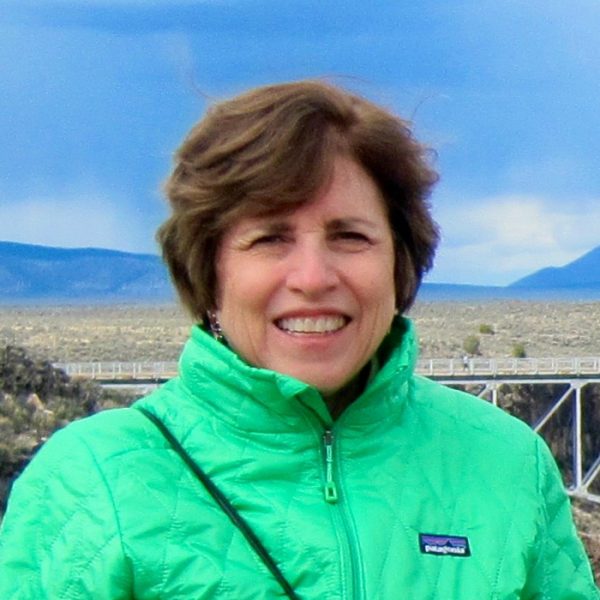Advertisement
Commentary
For The Love Of Iowa
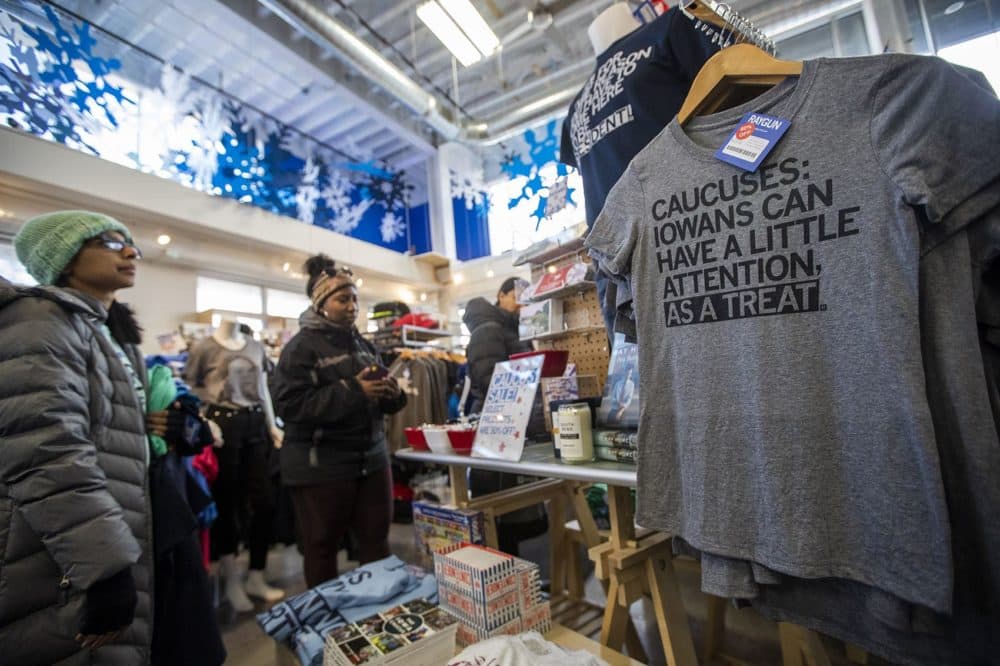
Although I left my hometown in Iowa in 1966 before I was eligible to vote, the importance of grassroots democracy had been drilled into my psyche. My father chose presidential candidates as if selecting someone to join our extended family. Endorsements by the Des Moines Register helped narrow the field, but Dad, a school superintendent, had to meet the man (for men were the only choice back then), shake his hand and look him in the eye before settling.
My hometown, Ida Grove, was one of Iowa’s 99 county seats, but wasn’t populated enough to attract the contenders. We logged hundreds of miles in the old Dodge every four years to see Truman and Dewey, Ike and Adlai, Nixon and JFK.
It wasn’t until 1988 when I flew home to celebrate my mother’s 84th birthday, a date that happened to coincide with the Iowa caucus, that I had a chance to witness this bottoms-up process. By then, I was a single mom living on the Upper West Side of Manhattan and working on Wall Street, but I was always an Iowan at heart.
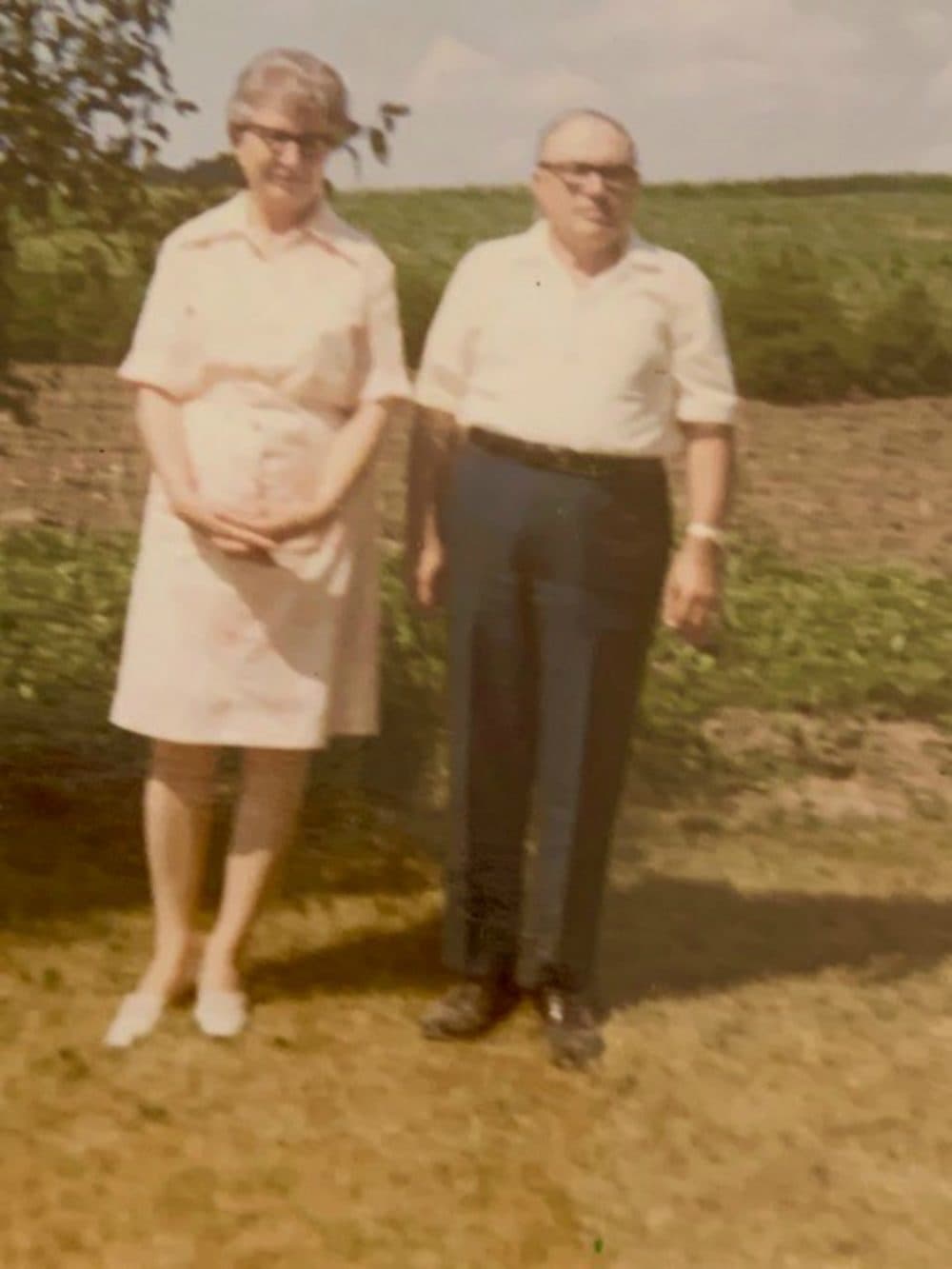
The thermometer read 20 below zero the night of the caucus. Dad’s advancing dementia would keep him at home, but Mother was determined to go if I’d drive her to where the Democrats were meeting. Our fingers crossed that the car would start, and we headed out into the frigid air. The wind raised fine silver flakes of snow that sparkled in the headlights and drifted across the road.
The Catholic church’s parking lot was nearly full when we arrived. Mother and I wandered through the crowded hallways, looking into Sunday school rooms for supporters of Bruce Babbitt, the candidate she favored. Weathered faces were swollen and red from the cold. Men wore long johns under their flannel shirts and women were layered in sweaters and scarves. Boots left wet, grey smears on the squares of green and black linoleum. Everyone spoke or gave us a friendly nod as we passed. Mother had taught junior high English until age 70, so former students and their parents made sure to pay their respects. I held my wool jacket close, grateful for quiet anonymity in my old hometown.
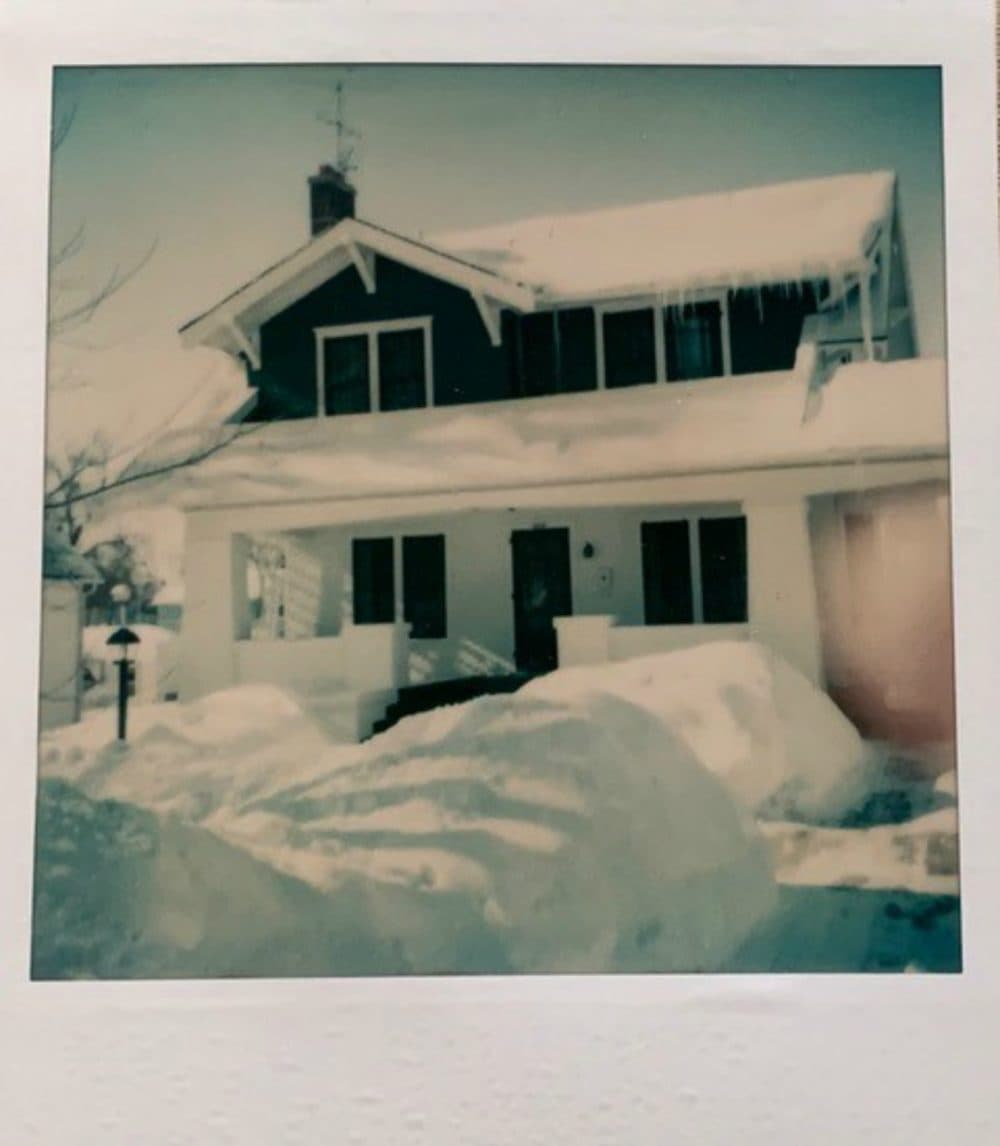
Supporters of each candidate had set up shop in the different rooms. They answered questions and described the credentials and voting records to anyone who would stop and listen. During a caucus, there is no secret ballot. When the first vote was called, participants stood together as a group and heads were counted. Candidates who didn’t get enough votes in round one like Babbitt, were eliminated. His supporters then voted for their second choice in round two. The candidates still in the race were Gary Hart, Mike Dukakis and Dick Gephardt. Mother went for Gephardt. I’m not sure who won the majority of votes in Ida County or if there was a third round, but I watched and listened to farmers and small-town folk discuss issues with a simplicity, sincerity and competence I’d not heard from my New York friends. The dignity of the people and the process astonished me as they explained why they supported one candidate over another and solicited votes. I felt pride mixed with shame for being so surprised.
After the final votes were counted, everyone convened in a large classroom for a town meeting. Robert’s Rules of Order were followed precisely as participants of all ages suggested what they hoped the party’s platform would include. When representatives to the county caucus were elected to continue work on the platform, my mother, Mildred O’Donnell was among them.
Advertisement
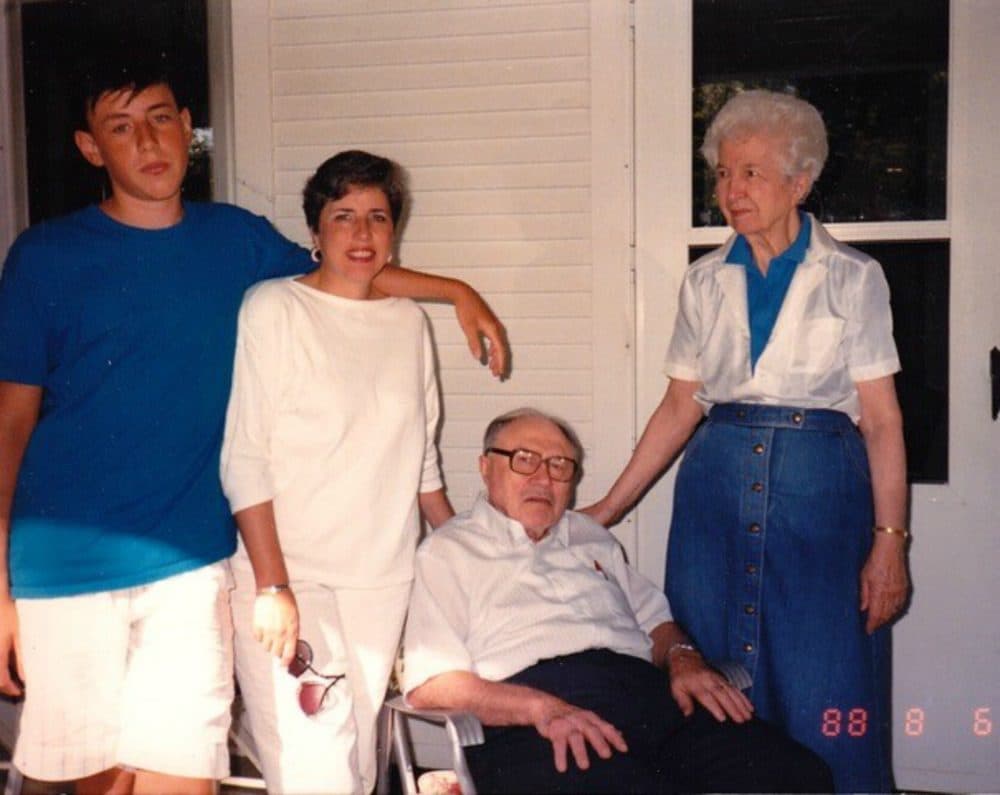
On February 3, 2020, I’ll be home in Boston thinking about Iowa, about the church basements and school auditoriums filled with people who care enough to brave the cold and cast their votes in the Democratic caucus. According to CNN, in 2020, there will be 1,678 precinct locations in Iowa. Unlike primary contests in other states, ballots are not secret during the caucus, and for the first time as part of the DNC’s post 2016 reforms, the party has approved 87 “satellite caucuses.” These will take place at different times and locations to accommodate participants who would not be able to vote due to work schedules, accessibility or other issues.
I imagine the rooms and how many folks will be wanting to know more about what Amy and Liz, Mayor Pete, Joe and Bernie could do for our country. And being an optimist, I’ll be hoping that the civility and fair-mindedness that I observed 32 years ago will prevail.
